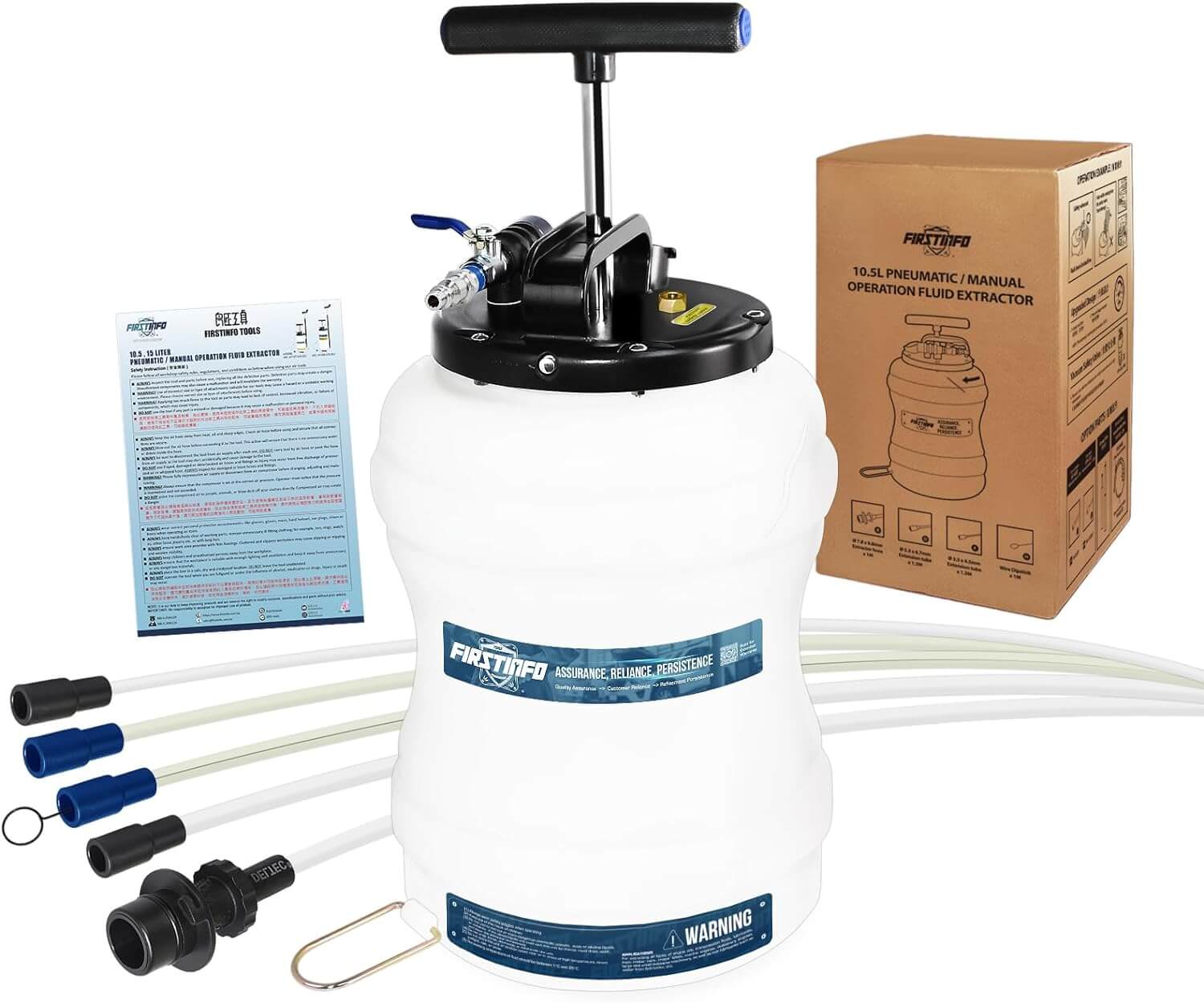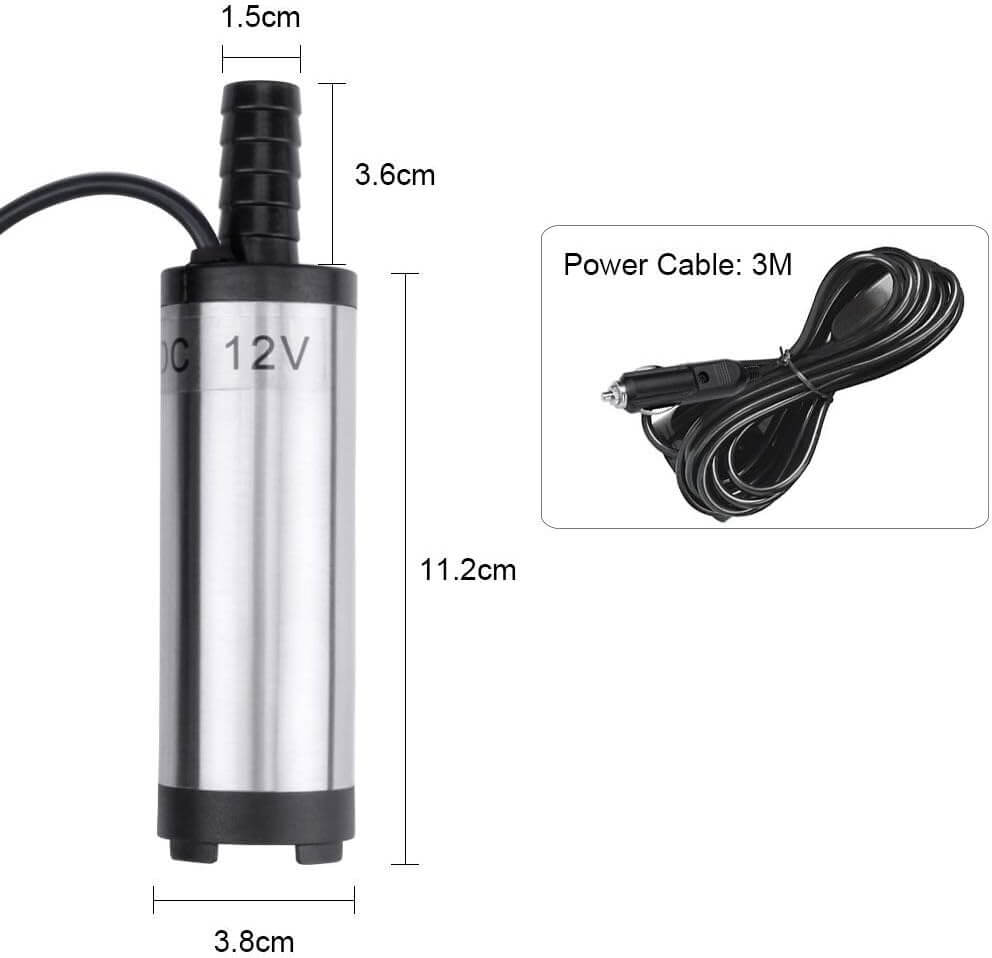Marine Oil Analysis: Ensuring Optimal Performance And Longevity
In the world of marine industries, ensuring optimal performance and longevity of equipment is crucial for smooth operations. One effective method to achieve this is through marine oil analysis. By analyzing the condition and quality of lubricating oil used in marine engines, this process provides valuable insights into the health of the equipment, allowing for timely maintenance and prevention of costly breakdowns. In this article, we will explore the importance of marine oil analysis and how it can help you maximize the performance and longevity of your marine vessels.
The Importance of Marine Oil Analysis
Marine oil analysis plays a crucial role in ensuring the optimal performance and longevity of marine engines and equipment. By regularly analyzing the oil, you can determine the health of the engine, identify potential issues early on, and take necessary corrective actions. This article will explore the components of marine oil analysis, the importance of physical and chemical analysis, wear metal analysis, contamination analysis, oil sample collection, and preservation, as well as the benefits of regular marine oil analysis and how to utilize the results. By making marine oil analysis a priority, you can maximize performance and extend the lifespan of your marine equipment.
Components of Marine Oil Analysis
Marine oil analysis involves several components that help evaluate the condition of the oil and the engine. These components include physical and chemical analysis, wear metal analysis, contamination analysis, and proper oil sample collection and preservation. Together, these elements provide valuable insights into the health of the engine and help detect any potential issues at an early stage.
Physical and Chemical Analysis
Physical and chemical analysis is a crucial part of marine oil analysis. It involves measuring various parameters such as viscosity, total acid number (TAN), base number (BN), and water content.
Viscosity measurement is essential as it determines the oil’s resistance to flow under specific temperature and pressure conditions. Monitoring viscosity helps ensure that the oil is at an optimal state to provide proper lubrication to the engine’s components.
Total acid number (TAN) testing assesses the oil’s acidity, which can increase due to the presence of contaminants or oxidation. High acidity levels can lead to corrosion and damage to the engine’s components, emphasizing the importance of regular TAN testing.
Base number (BN) testing evaluates the oil’s alkaline reserve and its ability to neutralize acids. It helps determine if the oil is still capable of protecting the engine against acidic corrosion.
Water content analysis is crucial as water can enter the oil system through various means, such as condensation or leaks. The presence of water can lead to oil degradation and the formation of harmful by-products. Regular water content analysis helps identify any potential water sources and prevent engine damage.
Wear Metal Analysis
Wear metal analysis focuses on monitoring the presence and concentration of various metals in the oil. It helps identify abnormal wear patterns and detect potential issues with engine components.
Monitoring wear metals is essential as their presence in the oil indicates wear and tear of engine parts. By analyzing both ferrous and non-ferrous metals, you can gather valuable information about the condition of critical engine components such as pistons, bearings, and valves.
Interpreting wear metal data is crucial for understanding the extent of wear and determining if any corrective actions are necessary. It helps identify crucial maintenance needs and prevents catastrophic failures.
Contamination Analysis
Contamination analysis involves identifying contaminants and their sources in the oil. It helps detect fuel dilution, coolant, and water contamination, as well as the presence of soot and combustion by-products.
By identifying contaminants and their sources, you can take appropriate actions to eliminate or minimize their effects on the engine. Detecting fuel dilution is particularly important as it can lead to decreased lubrication properties and increased viscosity, potentially causing engine damage.
Analyzing coolant and water contamination helps detect any leaks or issues with the cooling system, which can lead to corrosion and engine failure if left unaddressed.
Measuring soot and combustion by-products provides insights into the engine’s combustion efficiency. Excessive soot can lead to increased wear and reduced engine performance.
Oil Sample Collection and Preservation
Proper oil sample collection and preservation are vital for obtaining accurate and representative results. It is essential to choose the right sampling equipment, follow appropriate sampling techniques, and ensure proper storage and handling of the samples.
Choosing the right sampling equipment involves considering factors such as the type of oil, engine design, and accessibility. Using clean and suitable sampling containers is crucial to prevent contamination and ensure accurate analysis.
Sampling techniques should be followed carefully to obtain representative samples. It is recommended to sample from various locations in the system, such as the drain plug or the oil filter, to gather comprehensive data.
Proper sample storage and handling involve ensuring that the samples are protected from light, moisture, and extreme temperatures. It is crucial to label the samples correctly and deliver them to the laboratory within the recommended time frame to obtain reliable results.
Benefits of Regular Marine Oil Analysis
Regular marine oil analysis offers a range of benefits that contribute to reduced maintenance costs, enhanced equipment reliability, improved fuel efficiency, and optimized performance.
Reduced Maintenance Costs
By regularly analyzing marine oil, you can detect potential issues early, allowing for proactive maintenance instead of reactive repairs. This approach helps reduce maintenance costs by addressing problems before they escalate, minimizing downtime and the need for extensive repairs or component replacements.
Enhanced Equipment Reliability
Marine oil analysis enables you to monitor the health of your equipment continuously. By identifying potential issues and taking corrective actions in a timely manner, you can ensure the reliability of your marine engines and equipment. This proactive approach increases equipment uptime and reduces the risk of unexpected breakdowns, enhancing the overall reliability of your operations.
Improved Fuel Efficiency
Regular oil analysis helps identify contaminants, fuel dilution, and wear metals that can negatively impact fuel efficiency. By addressing these issues promptly, you can optimize fuel consumption and improve the overall efficiency of your marine engines. Improved fuel efficiency translates into cost savings and reduced environmental impact.
Optimized Performance
By utilizing the insights from marine oil analysis, you can optimize the performance of your marine equipment. Monitoring wear metal concentrations and taking appropriate actions helps maximize the lifespan of critical engine components, ensuring smooth operation and peak performance. Regular analysis also allows for adjustments in lubricants and filters, further improving performance and efficiency.
Utilizing Marine Oil Analysis Results
Once you receive the results of your marine oil analysis, there are several ways to utilize the information to maximize the benefits and ensure the longevity of your equipment.
Setting Maintenance Schedules
Based on the analysis results, you can establish customized maintenance schedules tailored to your specific equipment and operational conditions. This proactive approach ensures that maintenance tasks, such as oil changes or component inspections, are performed at optimal intervals, maximizing equipment performance and minimizing the risk of failures.
Implementing Corrective Actions
If the analysis reveals any issues or abnormalities, it is crucial to take immediate corrective actions. This may involve replacing worn components, addressing contamination sources, or adjusting lubricants and filters. By promptly addressing identified problems, you can prevent further damage and extend the lifespan of critical engine parts.
Predictive Maintenance Strategies
Marine oil analysis provides valuable insights into the condition of your equipment. By tracking trends and changes in oil analysis results over time, you can implement predictive maintenance strategies. These strategies involve using the analysis data to anticipate maintenance needs and plan necessary actions in advance, further increasing equipment reliability and reducing downtime.
Upgrading Lubricants and Filters
Marine oil analysis can also help optimize the selection of lubricants and filters for your marine equipment. By studying the analysis results and consulting with experts, you can choose lubricants with the appropriate viscosity and additives to maximize performance and protect critical engine components. Upgrading filters based on oil analysis data can also enhance the removal of contaminants and extend the life of the oil.
Choosing an Oil Analysis Laboratory
Selecting a reliable oil analysis laboratory is essential to ensure accurate and timely results. Consider the following factors when choosing a laboratory for your marine oil analysis needs:
Accreditation and Certification
Look for a laboratory that holds relevant accreditations and certifications, such as ISO 17025. Accredited laboratories follow standardized procedures, ensuring the accuracy and reliability of the analysis results.
Range of Testing Services
Choose a laboratory that offers a comprehensive range of testing services to cover all aspects of marine oil analysis. This includes physical and chemical analysis, wear metal analysis, and contamination analysis. A laboratory with a broad range of capabilities can provide more detailed insights into the health of your marine engines.
Turnaround Time
Consider the laboratory’s turnaround time for delivering analysis results. Quick turnaround times are crucial, as they allow you to take prompt corrective actions or make informed decisions based on the results.
Data Interpretation and Reporting
Ensure that the laboratory provides clear and easy-to-understand data interpretation and reporting. The analysis results should be presented in a format that allows you to quickly grasp the key findings and take appropriate actions.
Conclusion
Marine oil analysis is a critical practice for ensuring optimal performance and longevity of marine engines and equipment. By implementing regular oil analysis, you can identify potential issues early, reduce maintenance costs, enhance equipment reliability, improve fuel efficiency, and optimize performance.
Utilizing the results of oil analysis allows you to set maintenance schedules, implement corrective actions, plan predictive maintenance strategies, and upgrade lubricants and filters. When choosing an oil analysis laboratory, consider factors such as accreditation, testing services, turnaround time, and data interpretation. By making marine oil analysis a priority, you can maximize the performance and longevity of your marine equipment.



